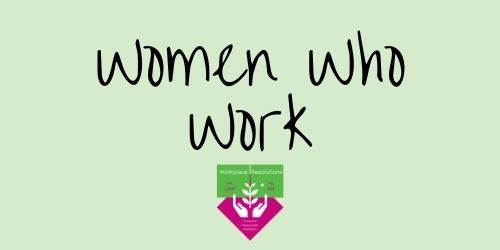There is a growing belief in the community that women must be given a seat at the various powerful political tables post COVID-19. These voices are not being heard on these critical decision-making committees in the numbers that women believe they should be. As these decisions in the future evolve there is now a strongly held belief that women must be equal partners of the solutions required. Those solutions focus towards recovery of the economy and renewal of the jobs sector. The world as we know it will have changed forever as this pandemic fades, and we need women to share in the recovery.
Prime Minister Scott Morrison’s cabinet has just six women in a cabinet of 23. Two federal government committees, the Expenditure Review Committee has no women and the COVID-19 Coordination Committee had two, which after anger was expressed at the lack of women on this committee, now has four out of eight members.
Scott Morrison ended free child-care and singled out the overwhelmingly female workforce in child-care who have seen an early end to JobKeeper allowances. This has galvanised women into realising they must be part of the solutions in the future.
Australian women’s participation in a national parliament ranks 47th in the world. That is a disappointing indictment on women’s political impact in so many critical areas of the economy and devalues the enormous contribution women make to the economy.
In two critical areas of decision making – policy-making and budget – this lack of representation is clearly impacting on decisions that are being made for women, not with women.
A body set up to encourage the participation of women in politics, appropriately called Women for Election Australia (WFEA), a non-partisan group, is encouraging women to stand for parliament. They believe women are beginning to mobilise. These women appear to be concerned about issues specific to their local constituency and national policy-based issues around those highlighted by the pandemic.
It is hoped WFEA will represent all women: young, old, women of colour, and diverse women.
One important goal is to encourage more women to stand in local elections, but there is a concern that the pandemic has forced many women to be the main carer in a family. Women are juggling home-schooling children, working from home, managing a household, often checking on older family members, and this may well impact on the possibilities of many women standing for a position on local council as they are time-poor at present.
Campaigning in local elections in the times of COVID-19 will be difficult. The Victorian Government has donated $50,000 towards a campaign designed to encourage women to stand for local council positions. That is a small drop in the ocean as much more is needed to inspire women to stand. Concerns around door-knocking, dropping off pamphlets, talking to residents, attending training sections, indicate women are finding it all too hard.
Is it time Daniel Andrews considered deferring the 2020 local council elections?
Ref: Kristine Ziwica
This article has been prepared for information purposes only and is not legal advice. For legal advice regarding your specific circumstances, please contact WR Law directly on (03) 54996131 or by email at admin@wrlaw.com.au

